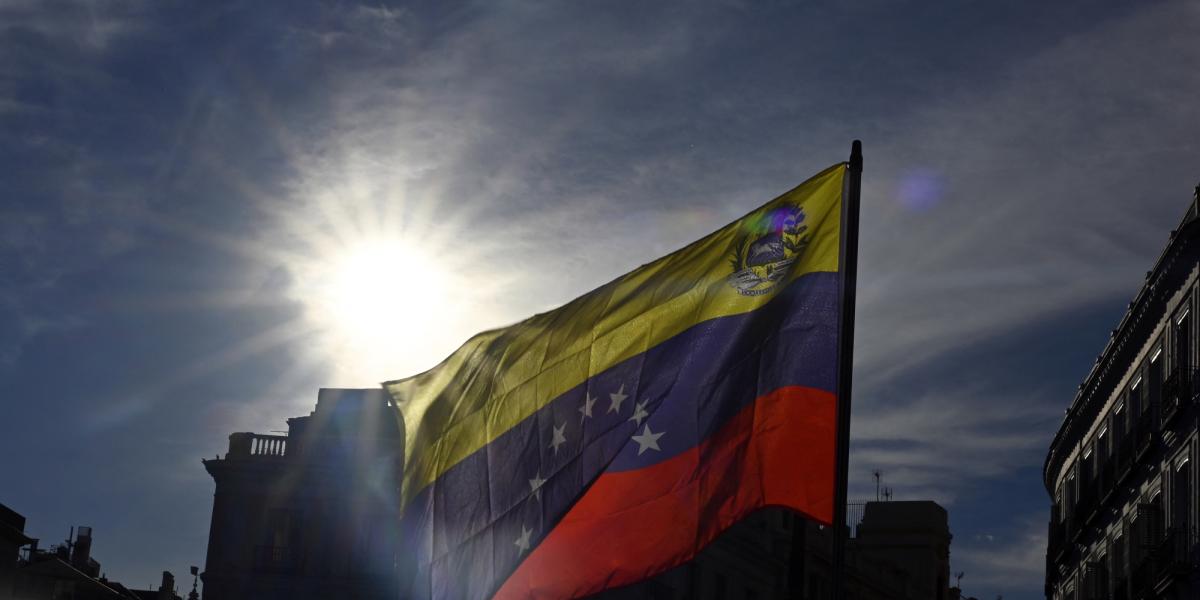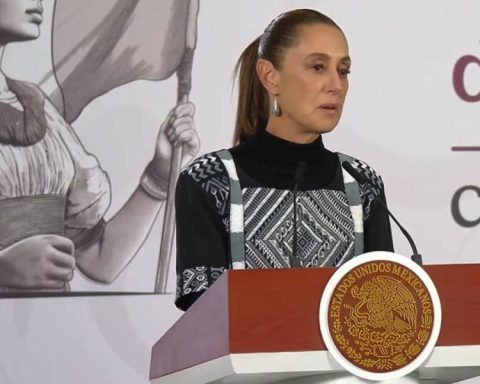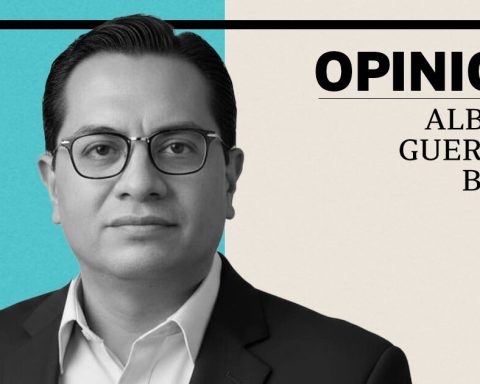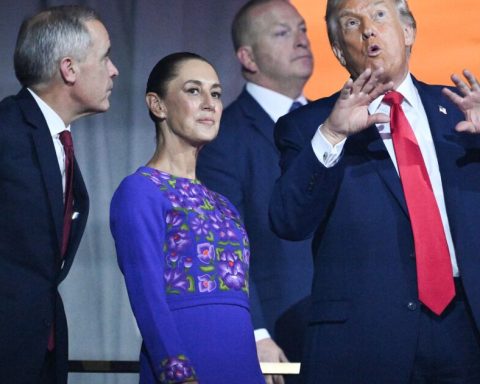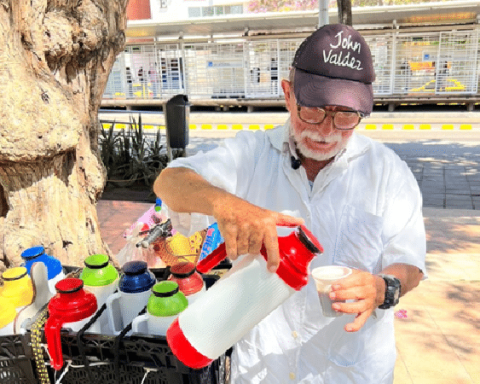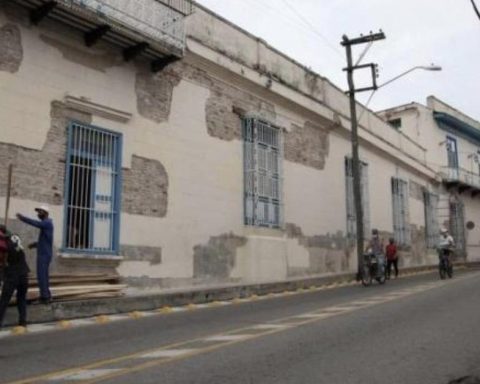A last-minute decision in a US court allowed millions of dollars to go into bets on who will win the presidential election, a hotly contested contest between Kamala Harris and Donald Trump.
The “contracts” or bets in favor of Harris’ victory ranged from 48% to 50% on Friday at the firm Interactive Brokers, which took advantage in this sector shortly after legal authorization on October 2 in a country with a long battle of regulators against electoral markets.
Just one month before the November 5 elections, the betting market was enabled after a Washington court ruled that Kalshi, a startup that for years has tried to introduce political betting in the United States, can take bets while resolve appeals from regulators against the company.
In a matter of days, more than $6.3 million came into play for the Harris vs. Trump and users are also betting on which party will take control of the House of Representatives and the Senate.
– Are bets better than surveys? –
It is the latest chapter in the dispute between the regulatory commission for this type of markets CFTC (Commodity Futures Trading Commission) and the firms that want to offer electoral bets, which are authorized in some countries and in which some Americans participate outside the supervision in offshore markets.
One of them is Polymarket, where there is already more than $1.7 billion at stake in the definition of the presidential election, with Trump leading 54 to 45 over Harris on Friday night.
Those in favor of betting – or “event contracts” in financial terms – say it is a legitimate way to back bets against adverse outcomes, likening them to “future contracts.”
Some also argue that markets are better than surveys.
“These contracts are important,” Executive Vice President of Marketing and Development at Interactive Brokers, Steve Sanders, told AFP. “They’re good at letting people know what they think is going on and protecting their investments.”
More than a million contracts were traded on Interactive Brokers in a matter of days.
– Polarization and misinformation –
Before the Oct. 2 ruling, there were only two legal betting markets in the United States, which had been granted exemptions due to their ties to research projects and strict limits on the number of people who can bet.
But critics warn about the expansion of electoral betting in a polarized context, when basic facts are in dispute and misinformation on which people can base their bets abounds.
“I don’t want to sound too dramatic, but we live in a country where tens of millions of Americans believe the last presidential election was fraudulent,” CFTC general counsel Rob Schwartz said in arguing against the Kalshi firm.
“Ensuring the integrity of the elections and preventing improper interference and misinformation are undoubtedly in the overriding public interest,” Judge Patricia Millett wrote in allowing electoral betting while appeals against Kalshi are decided.
But, the judge continued, CFTC “has not provided this court with any concrete basis to conclude that event contracts would be a vehicle for such harm.”
– New era of betting? –
Although the door to these political bets can be closed with other appeals, any decision will be made after November 5, so the markets will continue to operate during the election.
For Pratik Chougule, co-founder of the Coalition for Political Forecasting, “it’s been a good year” for his own political bets and he is considering opening an account with Interactive Brokers now that he operates with “electoral contracts.”
The judges who will decide on future appeals may be “a little more skeptical,” but Chougule estimates that in recent years the CFTC commission has shown itself willing to understand the arguments in favor of electoral markets even if they do not support them.
